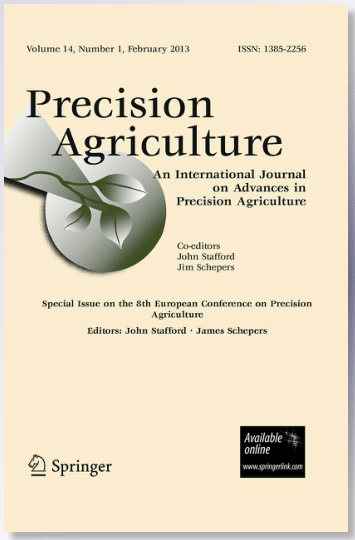Inadequate nitrogen (N)-fertilisation practices, that fail to consider seasonally variable weather conditions and their impacts on crop yield potential and N-requirements, cause reduced crop N-use efficiency. As a result, both the ecological and economic sustainability of crop production systems are put at risk. The aim of this study was to develop a season-specific crop forecasting approach that allows for a targeted application of N in winter wheat while maintaining farm revenue compared to empirical N-fertilisation practices. The crop forecasts of this study were generated using the process-based crop model SSM in combination with state-of-the-art seasonal ensemble weather forecasts (SEAS5) for the case study region of Eastern Austria. Results from three winter wheat on-farm experiments showed a significant reduction in applied N when implementing a crop forecast-based N-application approach (-43.33 kgN ha-1, -23.42%) compared to empirical N-application approaches, without compromising revenue from high-quality grain sales. The benefit of this reduced N-application approach was quantified through the economic return to applied N (ERAN). While maintaining revenue, the lower amounts of applied N led to significant benefits of + 30.22% (+ 2.20 € kgN-1) in ERAN.



